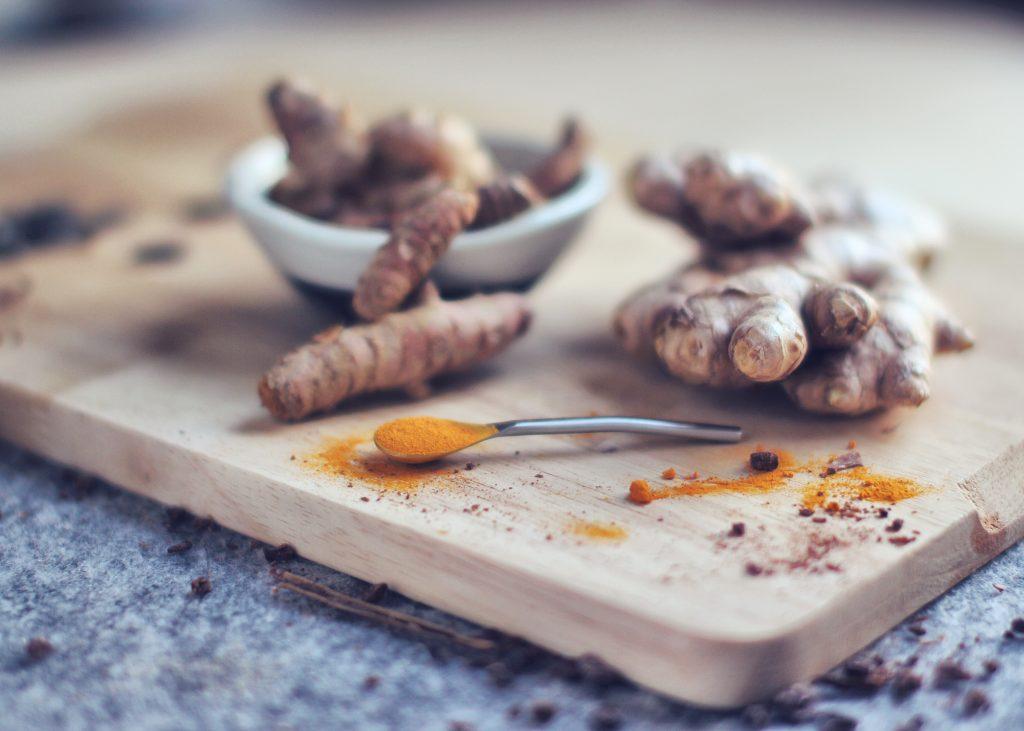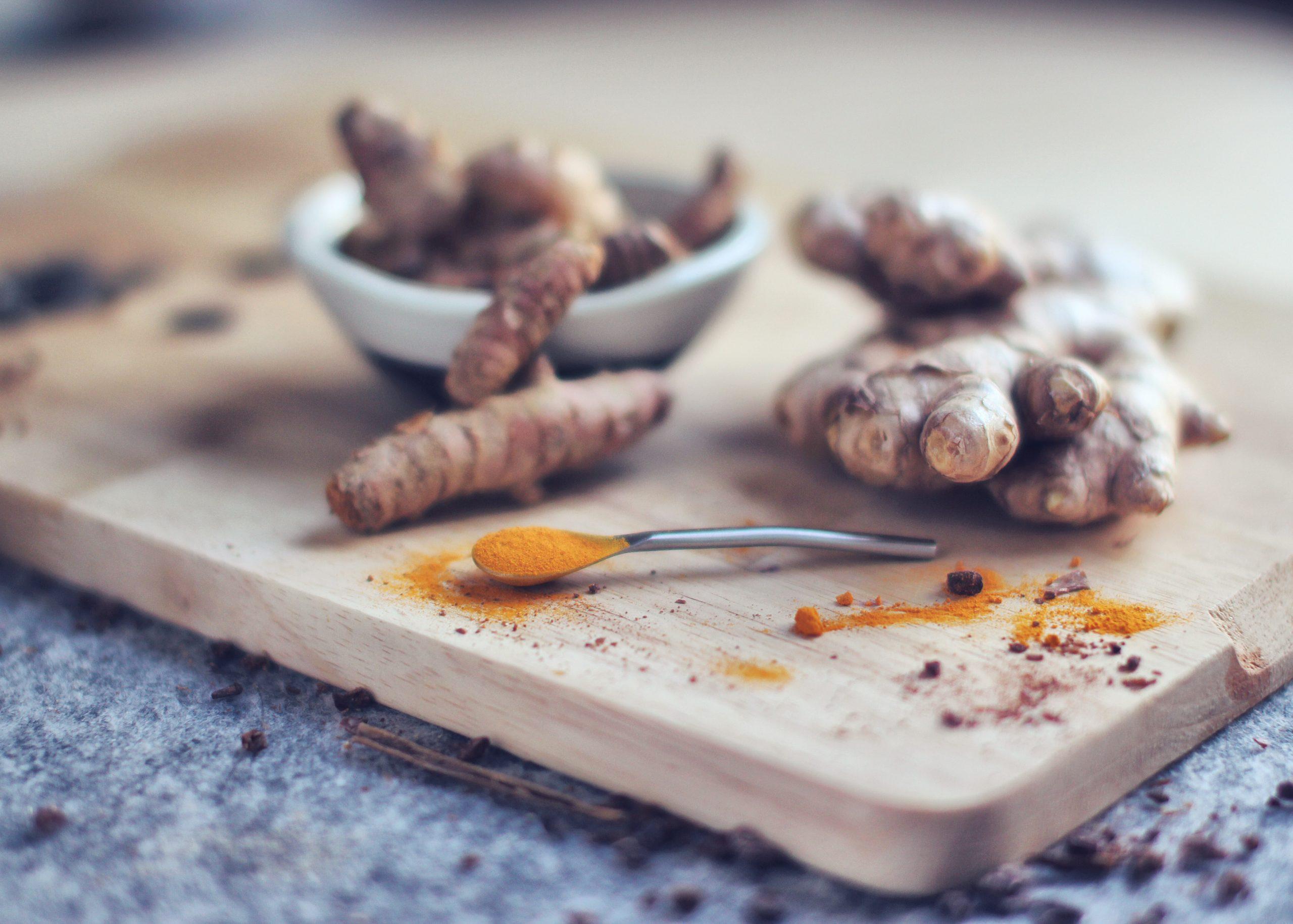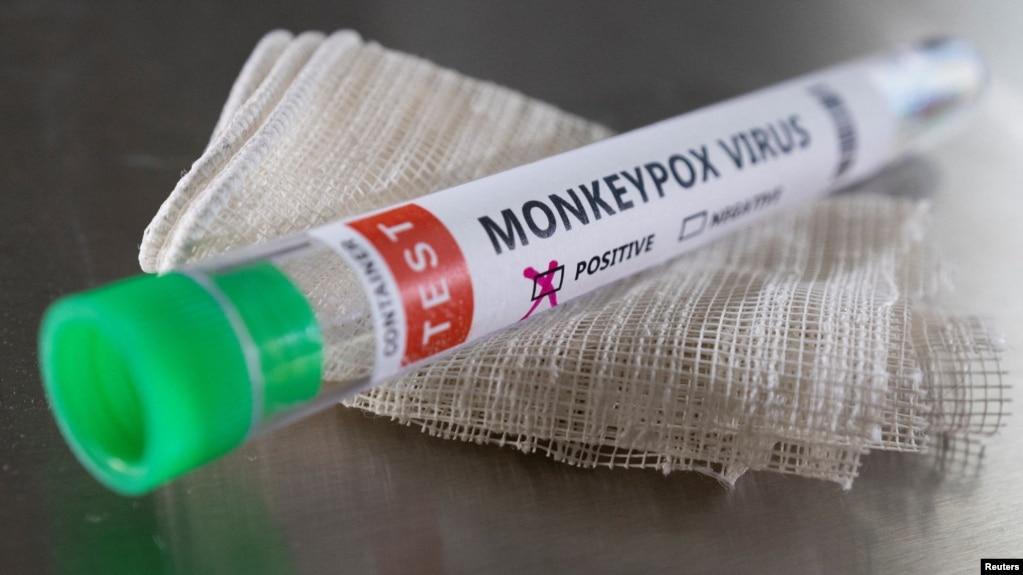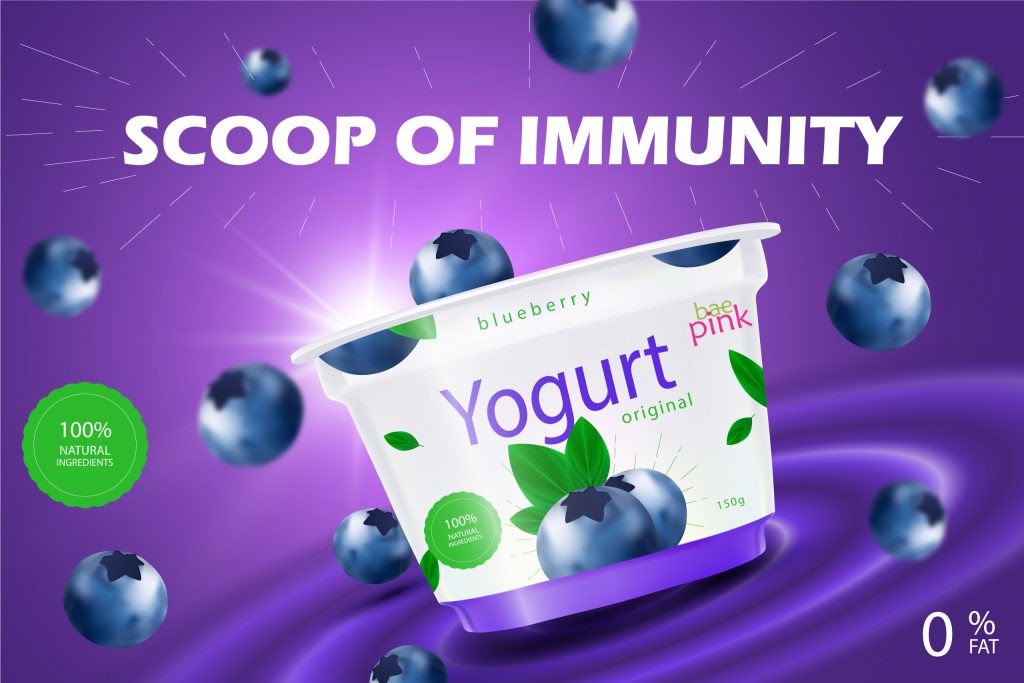Zinger of life: Ginger (literally).

Ginger is a medicinal plant that has to be observed in application in pharmaceuticals, agriculture, cosmetics and the food industry. Arbitrarily, controlled trials have demonstrated the potency of Zingiber officinale Rosc. Which is commonly known as Ginger.
In Ayurveda ginger is known as Sunthi.
Ginger is known as a rich source of volatile oil. The important components of the oil are zingiberol, zingiberen, linalool and phellandrene, which account for the aroma of a drug.
In recent years, their popularity has increased in developed countries owing to the belief that they are more effective and possess mild adverse effects than synthetic pharmaceuticals for preventing or treating various ailments.
It has been reported that 70–80% of the world population rely on the use of complementary and alternative traditional medicine (herbal medicine) for major primary healthcare concerns.
Ginger in Nausea and Vomiting.
Ginger is recognized as the drug of choice for nausea and vomiting.

In correlation to its antiemetic properties, ginger (and its constituents) reacts peripherally, within the gastrointestinal tract, increasing the gastric tone and motility as consequences of anticholinergic and antiserotonergic actions. It is also proposed to increase gastric emptying.
This combined function describes the widely accepted ability of ginger to relieve symptoms of functional gastrointestinal disorders, such as dyspepsia, vomiting, abdominal pain, and nausea, which is often associated with decreased gastric motility.
Ginger in morning sickness (Pregnancy-related vomiting).

Also, it is found to be useful in Pregnancy-related morning sickness.
It is reported that up to 80% of women have NVP (nausea and vomiting in pregnancy) in during the first trimester of pregnancy, which is colloquially known as morning sickness.
Integrative Medicine Insights. January 2016
For the majority of women, symptoms typically resolve by 12–14 weeks of gestation. The effect of the use of ginger as an antiemetic in NVP has been extensively scrutinized in various clinical studies for at least 30 years. The authors of the meta-analysis reported that ginger was an effective nonpharmacological option for NVP and was better than a placebo.
Ginger in menstrual pain.

Dysmenorrhea – menstrual pain that starts before menses and continues during menstruation. Most, painkillers like NSAID (Non-steroidal anti-inflammatory drugs) treatment is usually given for dysmenorrhea but it has side effects like headache, dysuria (painful or difficult urination), vertigo ( a sensation of feeling off-balance), weakness, lack of appetite, acne, nausea and gastrointestinal bleeding.
Pain consolation of herbal drugs is more effectual than NSAIDs. Some studies have suggested that ginger is effective for reducing the severity and duration of menstrual pain. In one of the study, a combination of Paracetamol, Ibuprofen and caffeine were compared with ginger for the treatment of menstrual pain. Where ginger was found to be as effective as Paracetamol, Ibuprofen and caffeine combination drug for pain-relieving of primary dysmenorrhea.
Ginger in Rheumatoid arthritis and osteoarthritis.
As an anti-inflammatory agent, ginger is used for Rheumatoid arthritis and osteoarthritis.
Some studies determined that the beneficial effects of ginger to reduce pain associated with rheumatoid arthritis are due to the inhibition of prostaglandin and leukotriene biosynthesis.
Most studies found that ginger exhibits its anti-inflammatory effect by blocking the COX-2 enzyme. As well as, the study also reported that ginger could suppress inflammatory mediators like leukotriene biosynthesis. One of the studies reported that the Inhibition of COX-1 activity was also taken care of by ginger.
Conclusion
Ginger is one of the most widely used natural products consumed as a spice and medicine for treating diabetes, flatulent intestinal colic, indigestion, infertility, inflammation, insomnia, a memory booster, nausea, rheumatism, stomach ache, and urinary tract infections.
Furthermore, some clinical trials have indicated that ginger can be consumed for alleviation of nausea and vomiting induced by surgery, pain, diabetes, obesity, inflammation, and male infertility.
Add ginger to your life!






















